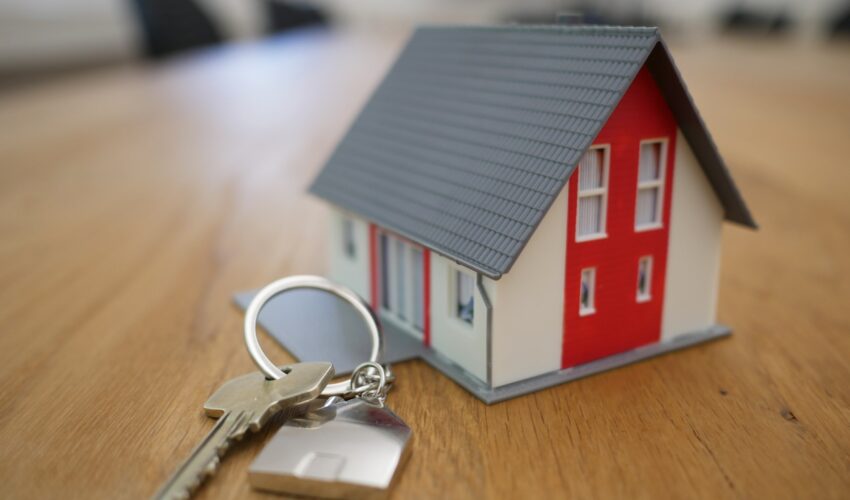Home prices are slated to continue increasing into 2022, and San Antonio is no exception. According to real estate website Redfin, as of January 2022, San Antonio home prices increased by 16 percent over the previous year—with the median home selling for $267,000 and spending less than a month on the market.
In this competitive environment, sellers are often looking for ways to eke out a slightly higher sales price, while buyers are searching for anything they can use as a bargaining chip. And sellers who have recently installed a new HVAC system, or performed extensive repairs on an older one, may wonder whether having a reliable HVAC system can give them an edge over comparable homes with an aging or poorly-maintained system.
Does the state of your HVAC system influence the offers you may get? What should homeowners know about the relationship—if any—between your HVAC system and your home’s resale value?
Does Your HVAC System Impact Resale Value?
HVAC systems are often “out of sight, out of mind”—that is, most homeowners don’t spend much time thinking about their HVAC system until it develops an issue.
The same goes for prospective buyers. If buyers touring your home notice that your HVAC equipment is especially noisy or short cycling, or if a pre-sale inspection reveals that your HVAC equipment may need major repairs soon, this could affect the value and number of offers you get. But in today’s seller’s market, you’re unlikely to notice much of a difference unless your HVAC system has serious, obvious problems.
In other words, while having a faulty HVAC system may have a slight negative impact on your home’s resale value, having a brand-new or well-maintained HVAC system probably won’t increase your home’s value.
Signs of HVAC Trouble
To get the best outcome from your home sale, you must first address any warning signs that may deter potential buyers. Some common warning signs that should be taken care of before putting your home on the market include:
- Age. The single most important sign of HVAC trouble is the age of the equipment. Although you cannot control your system getting older, make sure your HVAC works, is relatively clean, and complete the proper preventative maintenance before a professional checks the system’s condition.
- Short cycling. If your HVAC equipment is low on refrigerant, it can’t heat and cool the air in your home as efficiently as normal. This can cause the HVAC equipment to turn on more frequently than normal as it tries to reach the desired temperature, which is very hard on the equipment and causes premature failure.
- Noise. If your HVAC equipment has developed any rattling, pounding, or clanging noises, this could be a sign of a loose component or trouble with the compressor.
- Failure to achieve the programmed temperature. Under normal operating conditions, your HVAC system should be able to get your home to the correct temperature fairly quickly. If it’s been several hours since you turned your HVAC system on and your home still isn’t at the right temperature, this could be a sign of a refrigerant leak, a weak compressor, or one of many other problems.
Whether you’re preparing to sell your house, you’d like an HVAC inspection, or you’re interested in routine maintenance, look no further than North East Air Conditioning, Heating & Plumbing. We’re a family-owned residential and commercial HVAC and plumbing company serving San Antonio and the surrounding areas. No matter what HVAC issues you may be facing, our team can quickly diagnose your problems and perform any necessary repairs.
Photo by Tierra Mallorca on Unsplash


